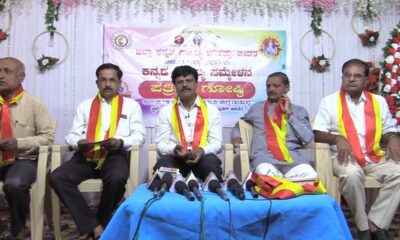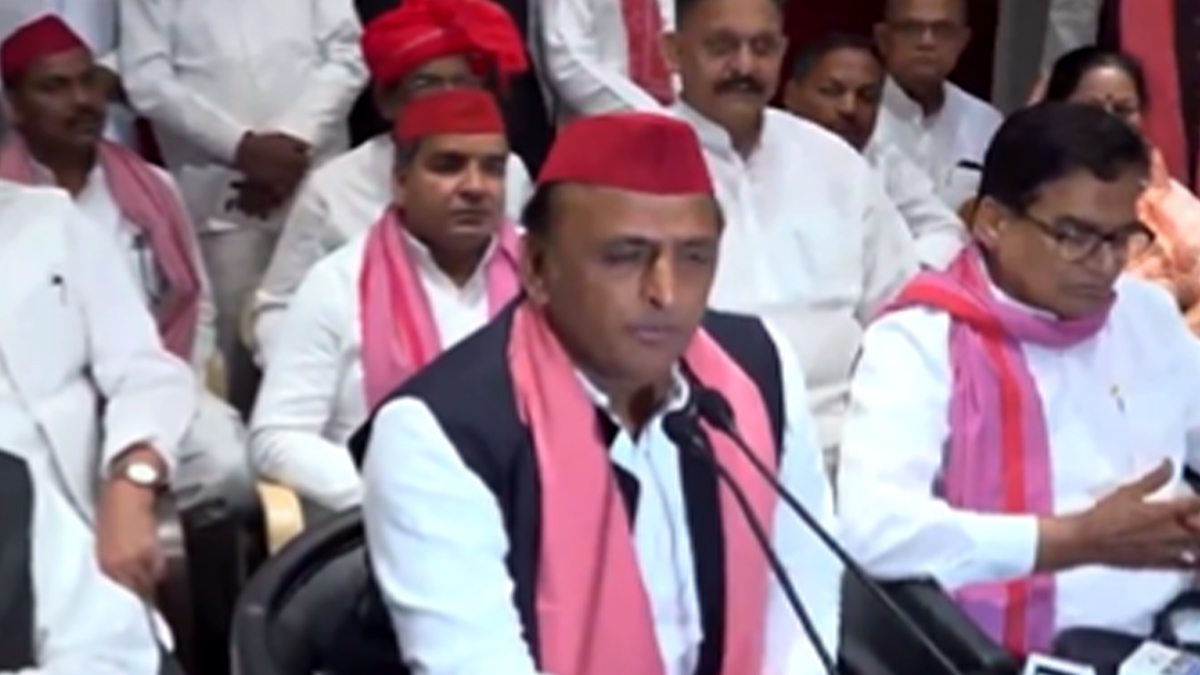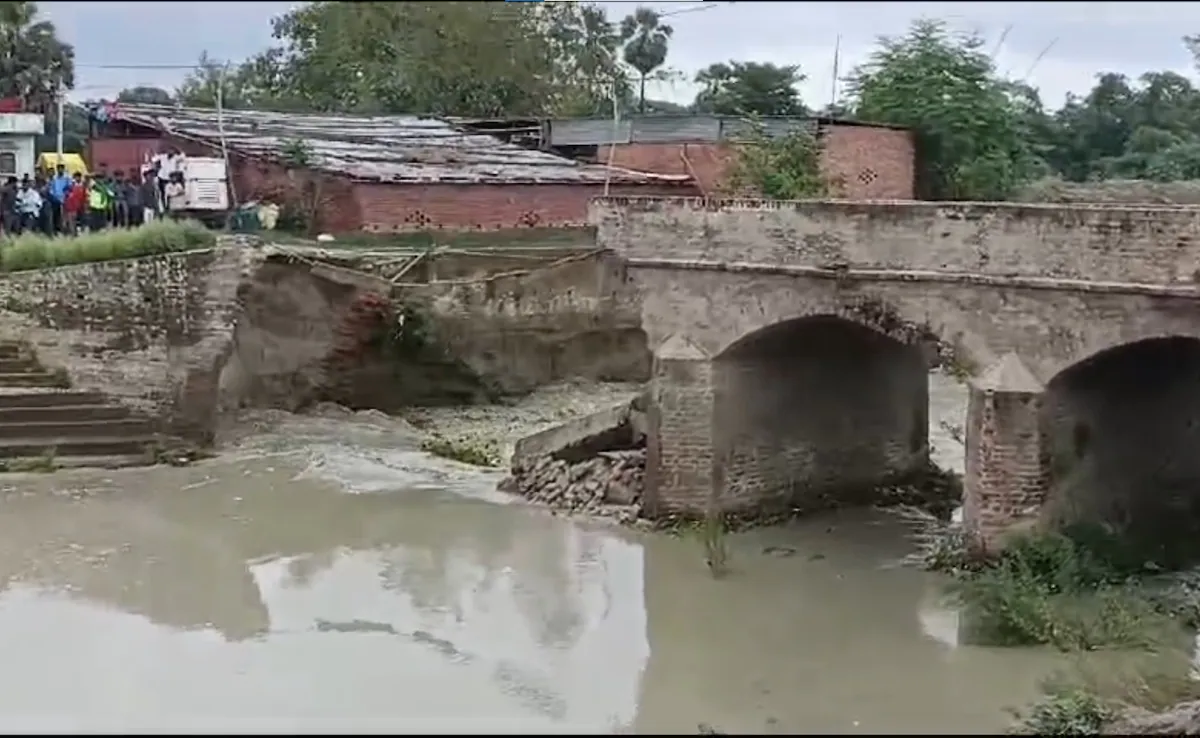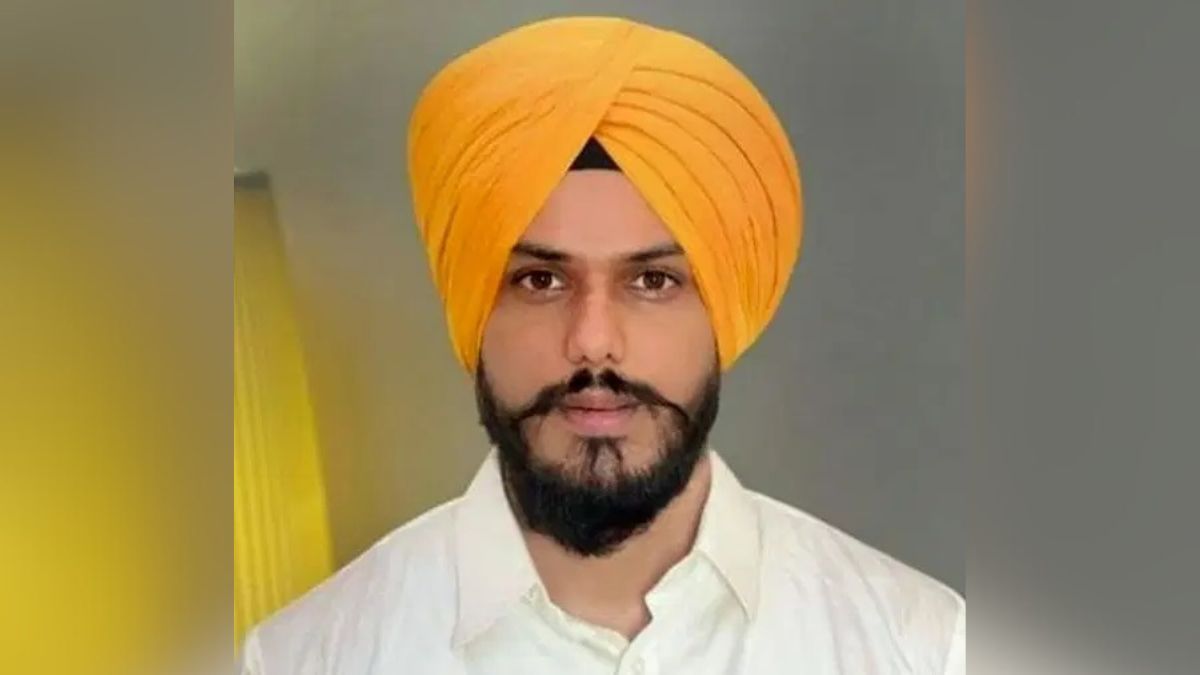The Bihar government recently suspended 16 engineers following a series of bridge collapses in the state, according to a senior official. This decision came after a probe panel submitted its findings to the Water Resources Department (WRD). Chaitanya Prasad, the Additional Chief Secretary of the WRD, emphasized the seriousness with which the government is treating these incidents and the commitment to holding negligent officials accountable.
Bihar bridge collapse
Prasad indicated that the contractors responsible for the faulty bridges are being identified and will face consequences. “Such serious lapses can’t be ignored and those found guilty will not be spared, whosoever they may be,” he asserted.
In addition to the suspensions, explanations have been requested from two other engineers, and the roles of several executive engineers are under scrutiny. “The role of some executing contractors is being verified,” sources within the department revealed.
The action was prompted by the collapse of the 10th bridge in Saran district, marking the third such incident within 24 hours. Reports of bridge collapses have emerged from various districts including Saran, Siwan, Araria, Madhubani, East Champaran, and Kishanganj.
A senior executive engineer, referring to the probe report, noted that six of the collapsed bridges were very old, three were under construction, and one was a small bridge. The flying squad’s report highlighted a lack of precautionary measures and insufficient technical supervision by the engineers responsible for these structures.
The government’s response was catalyzed by a review meeting chaired by Chief Minister Nitish Kumar on July 3, where maintenance policies for bridges and culverts were discussed. During the meeting, it was revealed that the Road Construction Department had already developed a maintenance policy, while the Rural Works Department was yet to initiate such efforts. CM Nitish Kumar instructed the Rural Works Department to commence work on this policy immediately.
Rashtriya Janata Dal leader Tejashwi Prasad Yadav demanded explanations for the recent spate of bridge collapses, claiming that 12 bridges have fallen in Bihar since June 18. He criticized both Prime Minister Narendra Modi and Chief Minister Nitish Kumar for their silence on the issue, questioning the claims of good governance and a corruption-free administration in Bihar.
Yadav’s statements highlight the political ramifications of these infrastructure failures, suggesting widespread corruption within the state government. He noted that his tenure as deputy CM was brief compared to the long period under a JD(U) minister, further implicating the ruling party in these lapses.
The recent bridge collapses have raised urgent concerns about infrastructure quality and governance in Bihar. While the suspension of 16 engineers sends a strong message about accountability, it also points to deeper systemic issues. The involvement of senior engineers and contractors in these failures suggests that the problems may extend beyond mere negligence to include potential corruption and mismanagement.
The WRD’s probe has underscored significant flaws in the construction and maintenance processes. The absence of technical oversight and failure to implement necessary safety measures are particularly alarming. These incidents demonstrate an urgent need for rigorous supervision and stronger accountability mechanisms in Bihar’s infrastructure projects.
The government’s swift action following the review meeting with CM Nitish Kumar signals a commitment to addressing these issues, but the effectiveness of these measures remains to be seen. The political fallout, with opposition leaders like Tejashwi Yadav vocalizing criticisms, adds pressure on the administration to deliver tangible improvements.
Future infrastructure development in Bihar hinges on the government’s ability to enforce comprehensive reforms and maintain strict oversight. The suspension of engineers is a critical first step, but sustainable solutions will require addressing corruption, ensuring contractor accountability, and setting enforceable construction and maintenance standards.
In summary, the Bihar government’s suspension of 16 engineers following a series of bridge collapses highlights significant challenges in the state’s infrastructure management. While the move indicates a commitment to accountability, it also underscores the need for broader reforms and rigorous oversight. The political and public scrutiny following these incidents emphasizes the necessity for transparency, effective governance, and sustainable infrastructure practices to prevent future failures.


 india2 years ago
india2 years ago
 Sports2 years ago
Sports2 years ago
 india2 years ago
india2 years ago
 Entertainment10 months ago
Entertainment10 months ago
 Entertainment2 years ago
Entertainment2 years ago
 india1 year ago
india1 year ago
 Videos2 years ago
Videos2 years ago
 india1 year ago
india1 year ago





